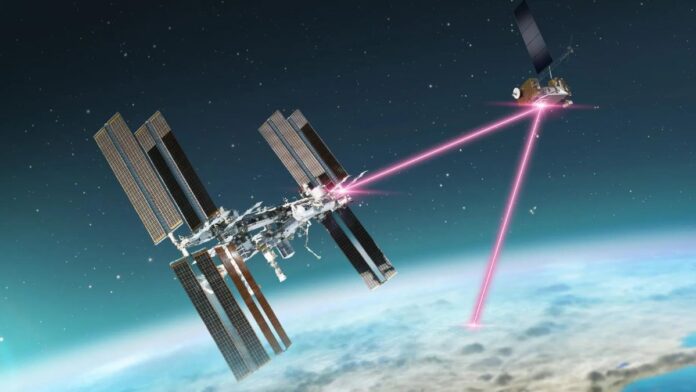Scientists hope that this technology will be helpful in providing live video coverage of astronauts on the moon during the Artemis Mission. The Artemis mission is very important for NASA. Under this, astronauts will be sent to the moon once again.
Dr. Daniel Raible, principal investigator of the HDTN project at the Glenn Research Center, said this experiment is a tremendous achievement. He said that now we can work on the success of 4K HD video streaming from the space station to develop capabilities like HD video conferencing for our Artemis astronauts.
It is worth noting that NASA has relied on radio waves to send information from space. This work has been quite reliable so far. In comparison, infrared light is used in laser communication, which can send data 10 to 100 times faster than the traditional radio frequency system.
To achieve the latest breakthrough, NASA collaborated with the Air Force Research Laboratory. Glenn engineers temporarily mounted a portable laser terminal on a Pilatus PC-12 aircraft. They flew the plane. The flying plane sent data to an optical ground station in Cleveland, which was then networked to NASA’s White Sands Test Facility in New Mexico. From there, scientists used infrared light signals to send the data.
According to the report, the signals sent reached NASA’s Laser Communication Relay Demonstration (LCRD) 22,000 miles away from Earth. In this way the signals took further advantage and NASA’s experiment was successful.
